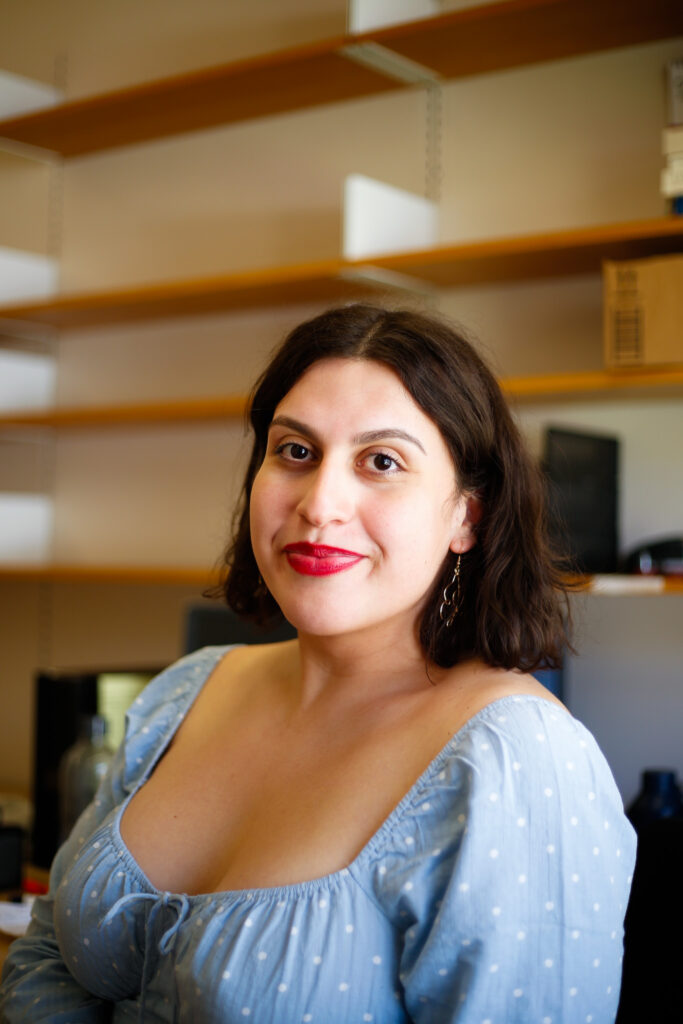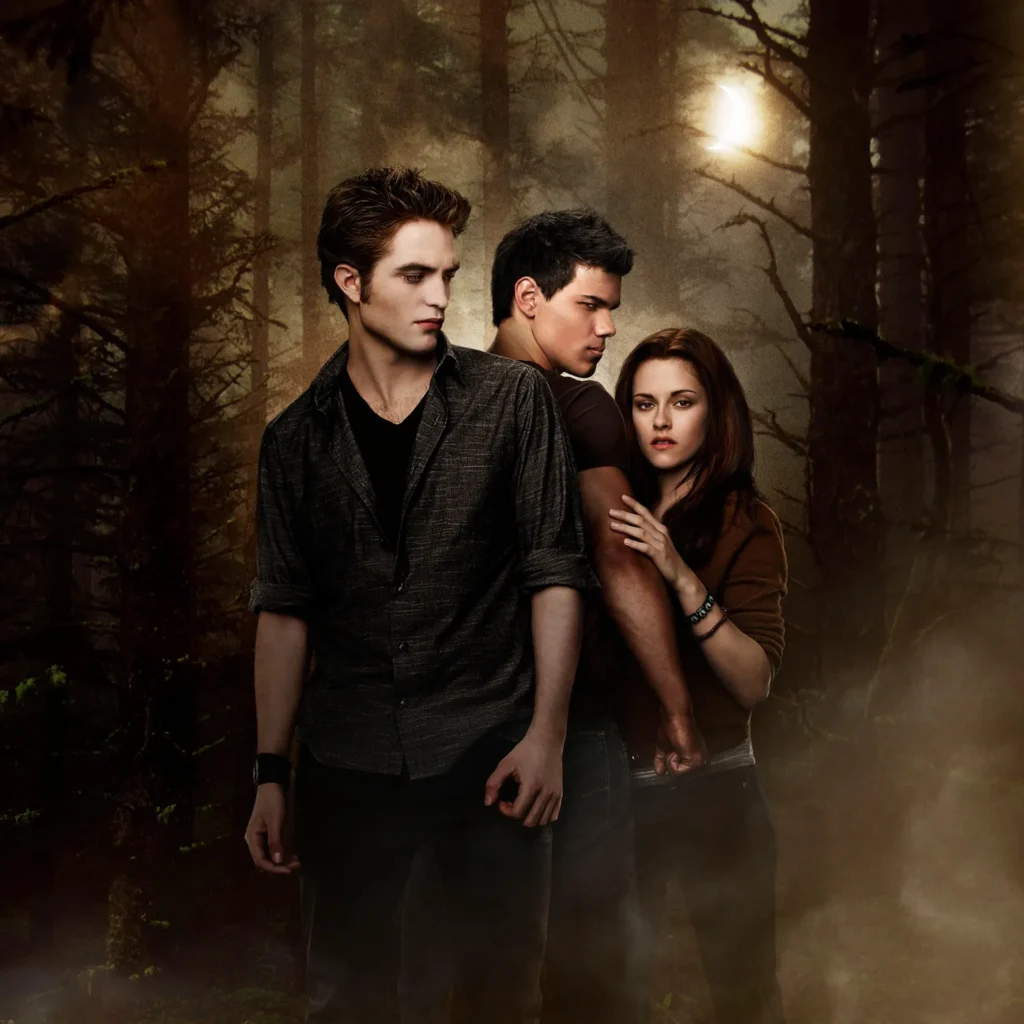Tell us a bit about yourself! What is your academic background and why does that make you unique as an instructor?
Well! I’m Sam Sanchinel, a 5th year PhD Candidate in Women and Gender Studies.
My academic background is in the Humanities, which kind of means when I did my undergrad it was ALL lecture-style, essay writing, final exam type classes. Now that I have the power in my own class, I DON’T want to replicate this. I think my experience at university, and need for excitement makes me unique as an instructor, haha. And that excitement really is something I want students to feel too! Instead of an essay, what if we write fanfiction? Instead of a full-lecture, what if we made a zine? Instead of a final exam, what if we watched Get Out? There’s so much more possible in the class than what we’re used to!

Who is a thinker that you look to or revisit often and why?
I really LOVE Eve Sedgewick. She’s this 90s theorist who was a huge part in developing queer theory. I return to her paper, “Paranoid Reading and Reparative Reading, Or, You’re So Paranoid You Probably Think this Essay is About You”.
In this paper she writes about how a paranoid person can’t handle any surprises. They must know everything, control everything, and make sure it all goes to plan. I return to this idea to keep me open to new things. New experiences. New surprises! I feel a classroom is a place where so many Profs don’t want any surprises…BUT! I want to be surprised. By student work, fun movies. I think enjoyment comes from being surprised, even if it might be a bad surprise!
“I feel a classroom is a place where so many Profs don’t want any surprises…BUT! I want to be surprised.”
What are you teaching and why is this an important course for students to take?
WGS271: Gender and Pop Culture! Pop Culture is all around us! Whether you’re listening to The Tortured Poets Department, on Tik Tok, watching The Circle (all which we’ll talk about in class!), you’re engaging with the world of Pop Culture. A lot of the time there are these hidden messages that are just taken for granted, or treated like “common sense”, but … are they?
Questioning that common-sense-ness, responding back to it, and even creating something new with it, is what I want to do in this class.
Another reason is because pop culture is SO MUCH a part of our daily lives. I feel so many students (and profs!) distance themselves, as people, from what can be “knowledge”, or “academically valuable”. Watching Twilight can be as academically valuable as reading a Judith Butler article, ha!

“Watching Twilight can be as academically valuable as reading a Judith Butler article”
What is something you are excited to introduce into the classroom? This could be a reading, a video, a topic, a particular pedagogical tool, etc.
I am excited to introduce the topic of FANFICTION into the classroom. My wonderful colleague Angie Fazekas does fanfiction studies, and I’ve learned a lot about how to use fanfiction as a tool of responding to pop culture, and of sharing parts of ourselves.
It’s always fun grading fanfiction, because I have gotten some of the wildest stories, including a 20 pages fanfic about being Taylor Swift’s best friend, a homoerotic/sporty take on Game of Thrones sword fighting, and an honestly good revision of Little Women. I am excited to steal the idea and put it in my version of the course!
Why is popular culture an interesting arena in which to analyze gender?
A lot of what we consume (and maybe create!) has these unspoken rules within them (like I mentioned earlier!) But pop culture becomes this interesting place when we start playing with those ideas!
For example, there’s not many trans characters in pop culture. But watching Kim Possible as a kid and seeing Shego, that gave me a little glimmer of something that I could hope to be (I always love villains!). But even there – why did I like villains? How are monsters, by and large, queer coded, or “do gender” in some different way? How do we deal with that? There are so many fun and interesting and new ideas we can interact with when we begin to think, “oh, maybe Naruto might have something interesting to say about gender!”
“How are monsters, by and large, queer coded, or “do gender” in some different way?”
Anything else you would like to share?
My real aim for this course is for it to be enjoyable, ha! I really want to convey that academia is a very capacious space, where their interests, values, and daily lives can easily fit into. Pop Culture gets a bad rep for being “low culture”, or a “guilty pleasure”, but I want to convey that your take on Love is Blind can easily be a type of knowledge. In learning the tools to unravel, respond to, and create pop cultures, we’re learning more about our world, how we interact with it, and how we want to exist within it.
